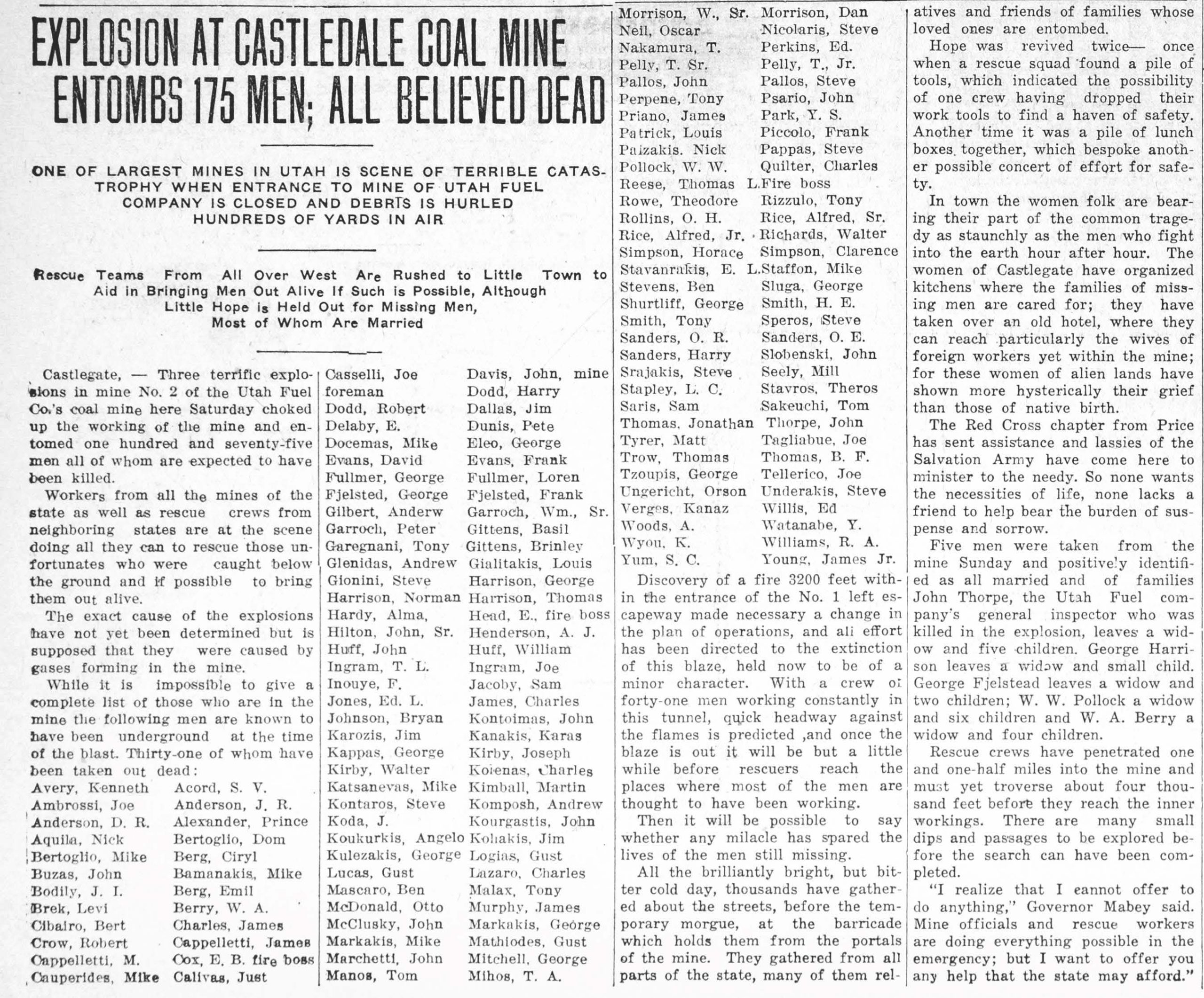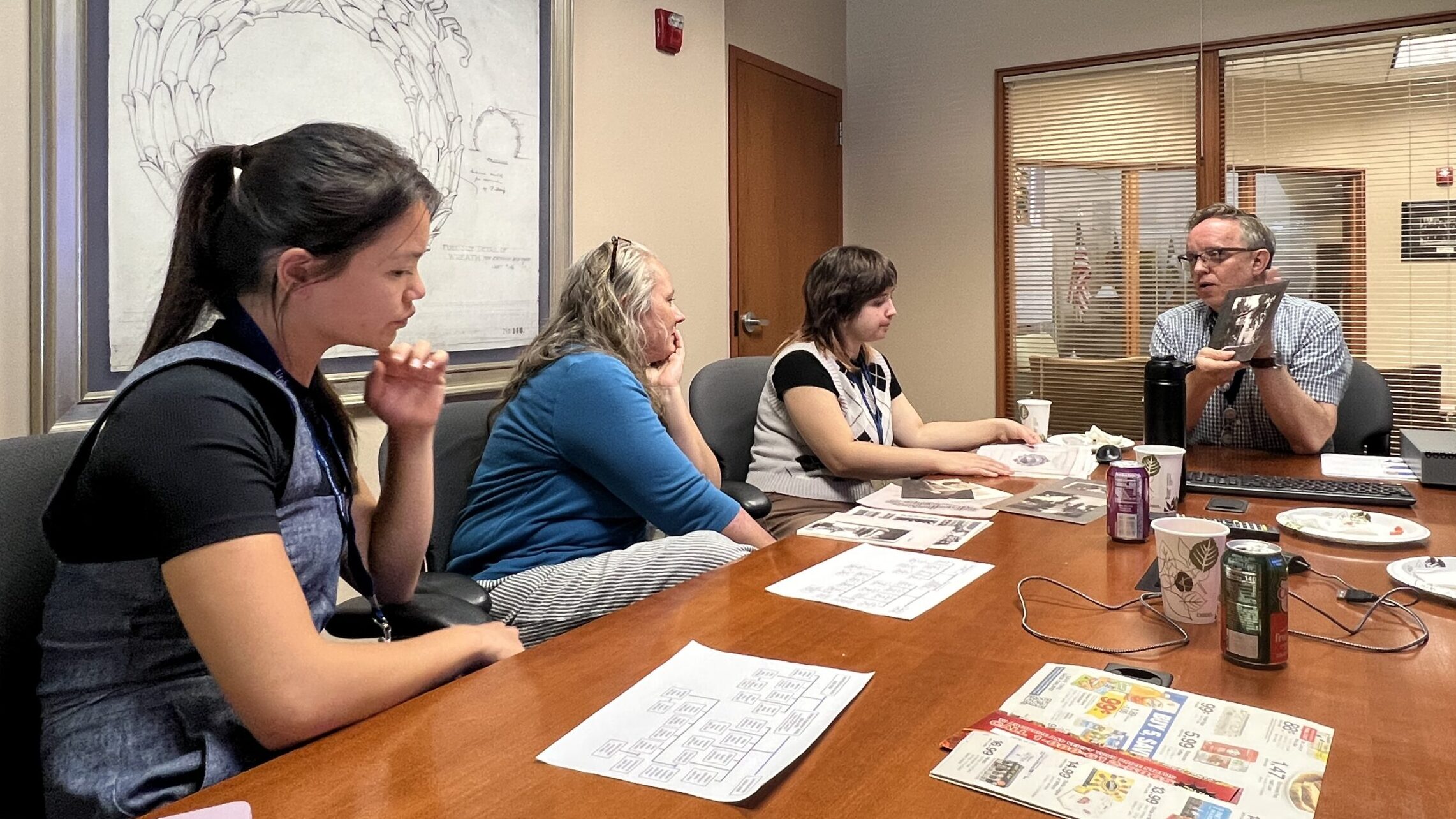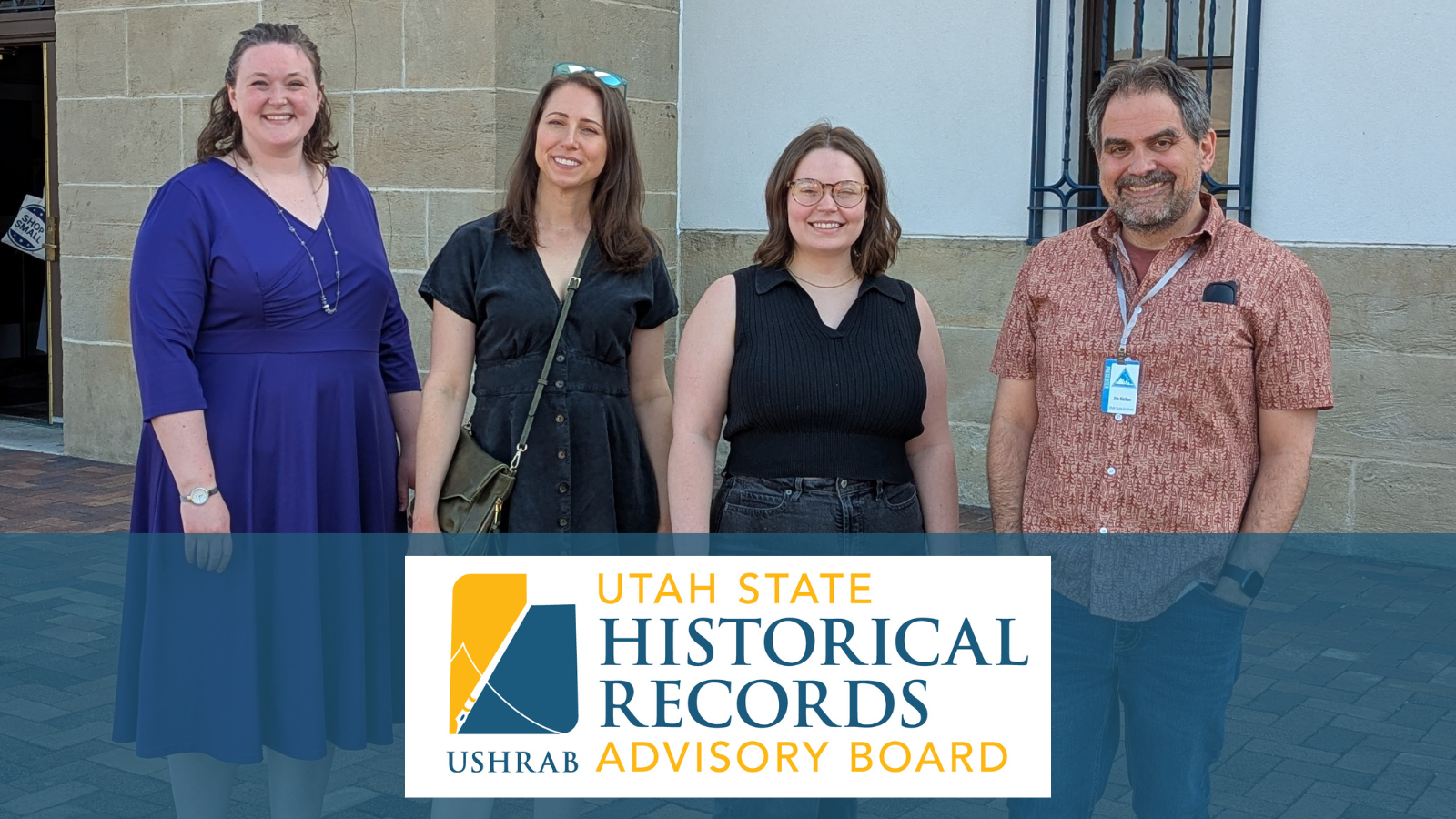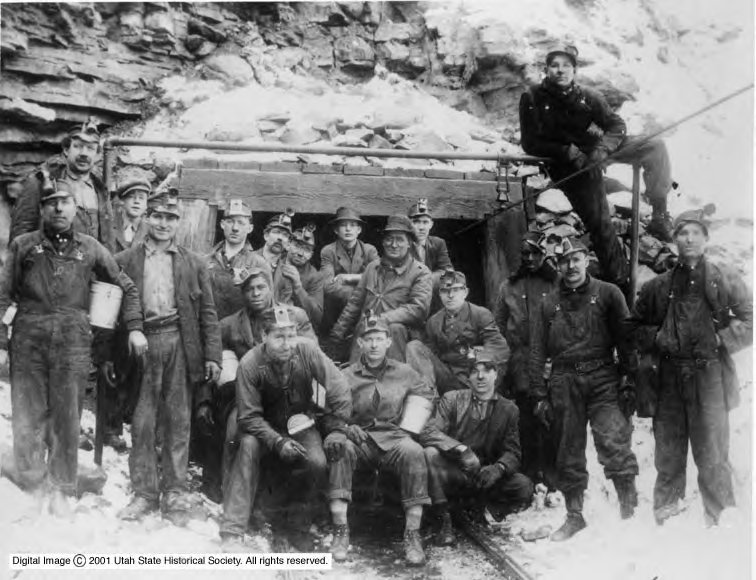
Remembering the Castle Gate Mining Disaster
On March 8, 1924, explosions within a Castle Gate coal mine changed the lives of over one hundred families in Carbon County, UT. A headlamp ignited methane gas, which in turn incinerated airborne coal dust and caused an explosive chain reaction killing 172 men. There were no survivors. The disaster left 110 widows with 264 dependent children.
The Red Cross went quickly to the scene to help the victims’ families but Governor Charles Mabey realized the crippled community needed additional relief and called for public subscription of a relief fund for these widows and children.
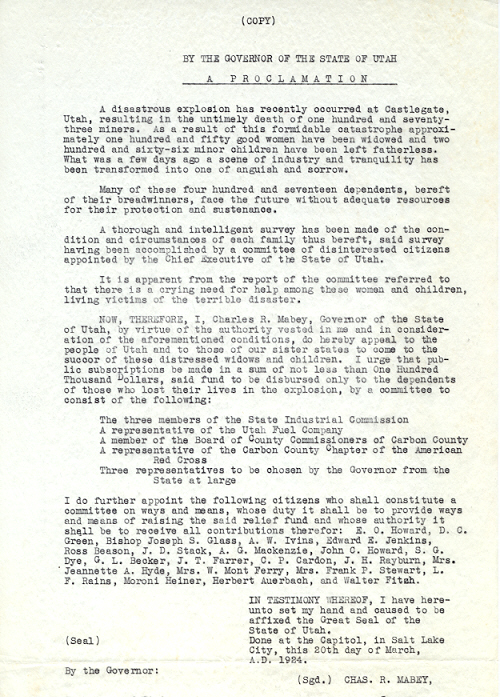
The public, mainly Utah businesses, responded to this proclamation by donating $112,000 (about $1.6 million in 2021) to the Castle Gate relief fund. Governor Mabey appointed nine prominent businessmen and citizens of Carbon County to oversee the distribution of the relief fund.
Castle Gate Relief Fund Committee
The first official committee meeting was held on Wednesday April 30, 1924 at the State Capitol. Governor Mabey called the meeting to order and requested the Committee to organize for the purpose of formulating plans for administering the funds. Each widow or family filled out an application for relief and gave it to the committee. This chart explains the application process and the steps required for approval or rejection.
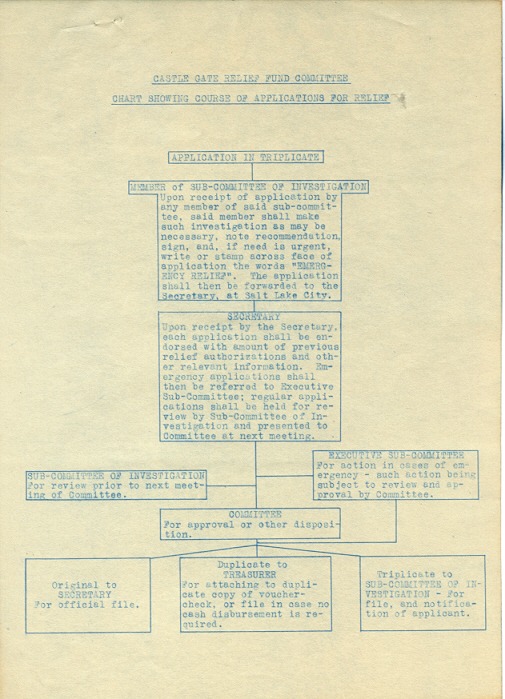
The families did not receive disbursements from the fund for over three months after the disaster because it took some time to gather the money from the various banks across the state. The members of the committee realized that they needed to have a liaison between themselves and the widows so they hired social worker Annie Palmer. Annie maintained contact with each of the widows in Castle Gate to be able to determine their needs and to recommend appropriate fund disbursements.
The fund expired by December 1935 and the committee held its last meeting on February 12, 1936 where they balanced the final accounts. The Utah State Archives holds the Castle Gate Relief Fund Committee records, which includes case files, correspondence, financial statements, minutes, and reports. The case files and some social worker reports contain information about minors, which is considered private for 100 years, but they will be available in 2024.
Text adapted by Lauren Singer Katz from the Castle Gate Relief Fund Committee Exhibit.
Recent Posts
Authors
Categories
- Certification/
- Digital Archives/
- Electronic Records/
- FAQ/
- Finding Aids/
- General Retention Schedules/
- GRAMA/
- GRAMA FAQs/
- Guidelines/
- History/
- Legislative Updates/
- News and Events/
- Open Government/
- Records Access/
- Records Management/
- Records Officer Hub/
- Records Officer Spotlights/
- Research/
- Research Guides/
- RIM FAQs/
- Roles and Responsibilities/
- State Records Committee/
- Training/
- Uncategorized/
- Utah State Historical Records Advisory Board/
